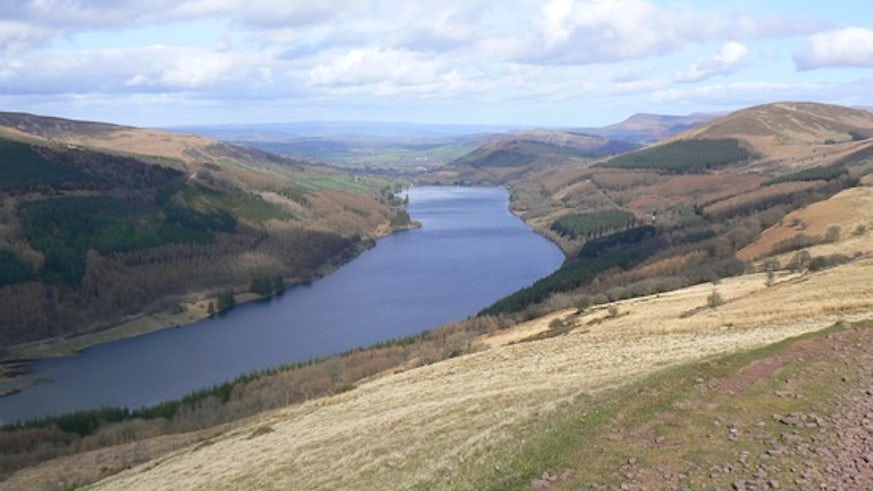Academic appointed to National Flood Resilience Science Advisory Group
7 March 2016

Cardiff School of Engineering’s Professor Roger Falconer, of the Hydro-environmental Research Centre (HRC) and Professor of Water Management, has been invited by the Chief Scientific Advisor to HM Government, Sir Mark Walport, to join the ‘National Flood Resilience Science Advisory Group’.
Following the floods in Cumbria last winter, the Government is undertaking a review of national flooding resilience, which is to be led by The Rt Hon Oliver Letwin, Chancellor of the Duchy of Lancaster, and the Science Advisory Group chaired by Sir Mark Walport.
The review of flooding resilience will consider all types of flooding and aim to acquire a clearer understanding of the risks to the country and the options available for improving national resilience in the short and long term, and the Scientific Advisory Group will examine the scientific and technical questions which emerge during the course of this review.
At the time of the December floods Professor Falconer, through the Royal Academy of Engineering and the Science Media Centre, undertook a number of interviews for media outlets including the BBC and The Sunday Times. He said:
"I believe that the time has now come when we have to look at major engineering solutions to address some of the unprecedented flooding challenges that we have seen in recent years. Although efforts to raise embankments are very commendable, the problem with raising embankments is that one solves the problem for one part of a river reach, only to move the flooding problem further downstream.
"In my view the principle of holding the water back in the top of the river basin is the right approach – this being the principle behind planting more trees and vegetation in the upper catchments. However, trees, vegetation and woody dams only deal with relatively small floods. To withhold the large volumes of water being deposited under the recent extreme storm events we need to consider more significant flood storage alternatives such as reservoirs in the upper catchment or natural bankside storage reservoirs, which could be accomplished through the more efficient use of fields on the floodplains."
Roger and his research student, Davor Kvocka, together with Dr Michaela Bray, have been working on key developments on flood modelling of rivers, aiming to improve predictions for peak water levels and inundation extent for short steep catchments, as occur across much of Wales.
Through this work they have also refined previous new physics based formulae, developed with colleagues in the Hydrologic Research Centre (HRC), for predicting the risk to people and vehicle stability in extreme flood events. Roger and Davor will visit Slovenia in March to give a series of presentations on their work and to meet with the Slovenian Environment Agency to discuss the scope for collaborating on modelling extreme flood events.
Roger and another colleague, Dr Reza Ahmadian, have recently been awarded an EPSRC Impact Acceleration grant to work with Natural Resources Wales (NRW) on applying their improved model and new flood hazard formulae to two river basins in Wales. It is hoped that this work will lead to the use of these formulae for flood hazard studies and that both the NRW and the HRC will be at the forefront in modelling extreme flood events.